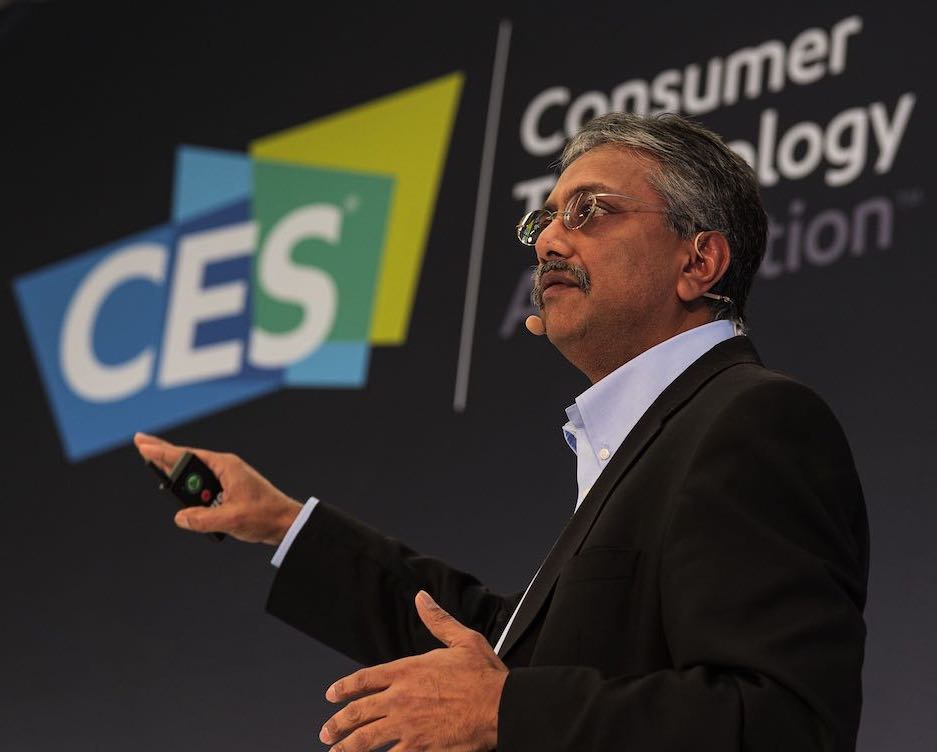Discovering tomorrow’s energy on a global scale relies on pushing fundamental science at the micro-level, and new technologies are constantly improving that search for true understanding.
To help achieve that new fundamental knowledge, ExxonMobil has partnered with IBM to access its quantum computing capabilities, a partnership announced at this year’s Consumer Electronics Show (CES) in Las Vegas.
But, what does this mean today and how does this technology help find new solutions for tomorrow’s world — a world that needs more energy with fewer emissions?
With quantum computing, engineers and researchers can leverage quantum physics and simulate nature and chemistry in ways never before imagined.
Specifically, quantum computing may one day solve impossibly large, complex equations at rapid speeds. The potential applications for a company powering the daily needs of an energy-hungry world range from optimising a country’s power grid to using highly accurate chemistry calculations to discover new materials for more efficient carbon capture.
On hand at CES to talk about this partnership, Vijay Swarup, vice president of research and development for ExxonMobil Research and Engineering Company told the audience that Quantum will help ExxonMobil in its dual challenge of providing the world with the affordable, scalable energy it needs while also mitigating the risks of climate change.
“Let’s talk about addressing the dual challenge, which is going to require a new set of technical solutions, which means we have to go back to fundamentals because to get to scale, you really have to start at the atomic level,” Swarup continued, “We need a paradigm shift and that’s where Quantum comes in.”
In its mission to expand these computing capabilities “out of the lab and into the world,” IBM has created its Q Network, a worldwide community of Fortune 500 companies, startups, academic institutions and national research laboratories to explore applications across industrial sectors and science.
ExxonMobil is the first energy company to join that network and working in partnership with IBM is not a new endeavour for the company, as Swarup told the audience.
“We need the best scientists to collaborate,” he said. “This is the time to collaborate, the time for people to come together and this is just building off of a rich tradition.”




